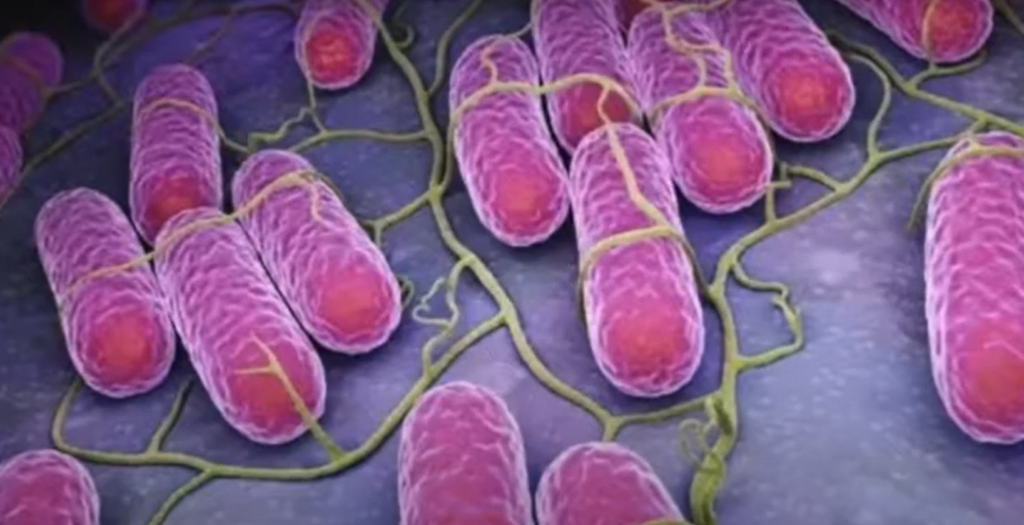When we think about food safety, we often worry about visible signs like mold or expiration dates. But there’s a hidden threat lurking in some of the most common foods we consume—Listeria. This sneaky bacterium can turn your favorite snacks into a serious health hazard. So, what exactly is Listeria, and how can you protect yourself and your family from this invisible danger?
What is Listeria?
Listeria, scientifically known as Listeria monocytogenes, is a type of bacteria commonly found in soil, water, and some animals. It can easily contaminate a wide range of foods, including raw vegetables, unpasteurized milk, and processed meats like deli slices and hot dogs. What makes Listeria particularly dangerous is its ability to thrive in cold environments, like your refrigerator. Unlike many other bacteria, it doesn’t need warm temperatures to multiply, making it a stealthy invader in your kitchen.

Why is Listeria So Dangerous?
While Listeria infections (listeriosis) are relatively rare, they are particularly concerning because of their severity. Symptoms can range from mild flu-like feelings to more serious conditions like meningitis or septicemia, particularly in pregnant women, newborns, the elderly, and those with weakened immune systems. Pregnant women are especially vulnerable, as Listeria can lead to miscarriage, stillbirth, or severe illness in newborns.
Read More: “Disney’s ‘Star Wars: The Acolyte’—A Deep Dive Into the Dark Side Fans Can’t Afford to Miss!”
How Does Listeria Get Into Food?
Listeria can contaminate food at various stages, from the farm to your table. Contamination can occur during the processing of foods like deli meats or cheeses, especially if hygiene practices are not strictly followed. Cross-contamination is another risk—when bacteria from raw foods like meat or unwashed vegetables spread to ready-to-eat items.

Read More: Manhunt Underway After Deadly Knife Attack at Solingen Festival Leaves 3 Dead, Multiple Injured
How Can You Protect Yourself?
- Keep It Clean: Wash your hands, utensils, and cutting boards thoroughly with hot, soapy water before and after handling food.
- Cook Thoroughly: Make sure to cook meat, poultry, and seafood to safe internal temperatures. Listeria is killed by heat, so cooking food properly is your best defense.
- Store Safely: Keep your refrigerator at or below 40°F (4°C) and promptly refrigerate leftovers in shallow containers to cool quickly.
- Choose Pasteurized: Opt for pasteurized dairy products whenever possible, as they are treated to kill harmful bacteria, including Listeria.
- Mind the Expiry: Be cautious with ready-to-eat foods like deli meats and cheeses, and adhere strictly to expiration dates.
Read More: Justin and Hailey Bieber Announce the Arrival of Their First Child with a Sweet Photo
Listeria might not be as well-known as other foodborne pathogens, but its potential impact on health is significant. By understanding what it is and how it contaminates food, you can take simple yet effective steps to protect yourself and your loved ones. Stay vigilant, and make food safety a priority in your home.
Always be on the lookout for food recalls related to Listeria, as they can help you avoid potentially dangerous products before they end up on your plate.

